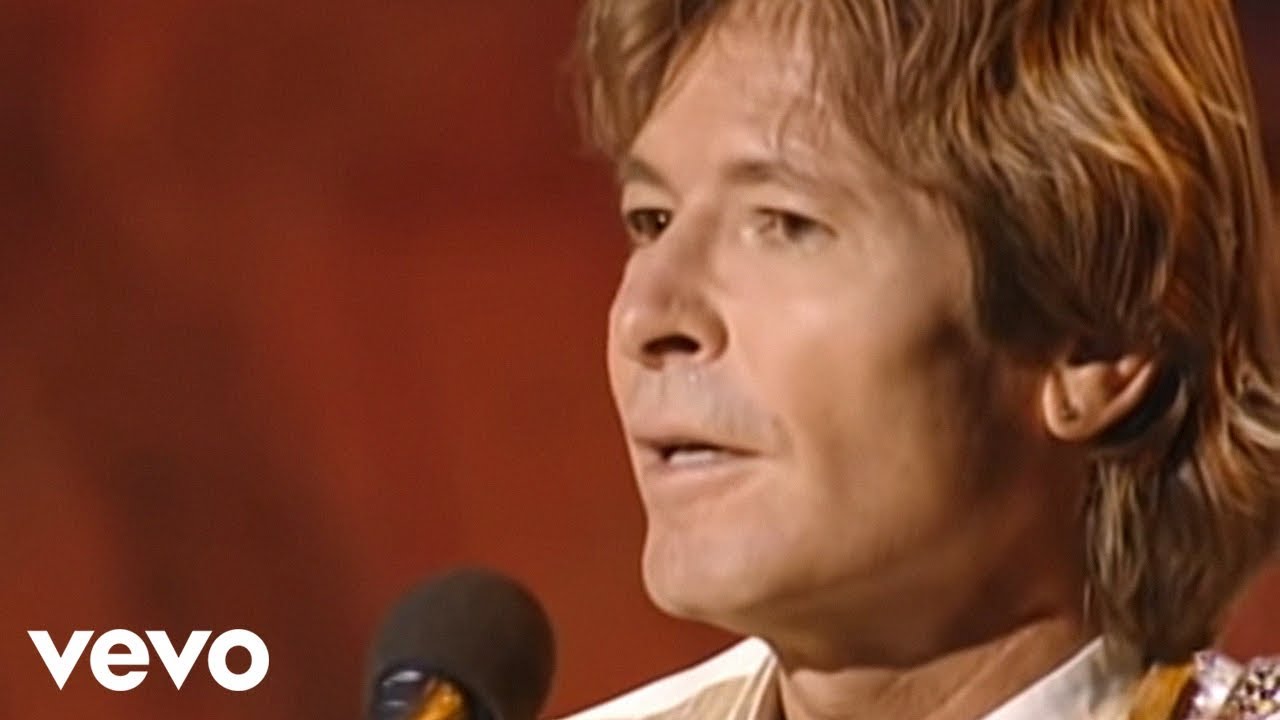Angel from Montgomery – John Prine (Live)
Enjoy this bonus web-only track not included in John Prine’s 2018 broadcast episode.
“Angel from Montgomery” is one of John Prine’s most enduring and beloved songs, first appearing on his self-titled debut album in 1971. The song is written from the perspective of a middle-aged woman trapped in a stagnant, unfulfilling life. She reflects on her lost youth, faded dreams, and longing for escape, expressing a deep desire for transformation or redemption. Prine’s ability to inhabit her perspective with such raw honesty and empathy is part of what makes the song so remarkable—it reveals his gift for storytelling that transcends gender and personal experience.
The lyrics paint vivid pictures of mundane domesticity and the emotional weight of disappointment. References to aging, routine, and the absence of excitement evoke a life defined by quiet resignation. Yet, amidst the despair, there is a yearning for something greater—an “angel from Montgomery” that could bring relief, hope, or even a chance to feel alive again. This blend of stark realism and wistful imagination gives the song both sadness and beauty, making it resonate deeply with listeners who have ever felt stuck in their own lives.
Musically, the song is simple and soulful, with a folk-country foundation that highlights Prine’s storytelling rather than overshadowing it. The plainness of the arrangement mirrors the simplicity of the narrator’s world, allowing the emotional core to shine through. The song has been widely covered by artists like Bonnie Raitt, who helped bring it to broader recognition, and each interpretation adds its own emotional layer, but the raw heart of Prine’s original remains unmatched.
At its core, “Angel from Montgomery” is about longing—for escape, for change, for the chance to reclaim something lost. It’s a song about quiet desperation, but also about the universal human need for hope, no matter how unreachable it may seem. This combination of intimacy, empathy, and poetry is why the song continues to be regarded as one of John Prine’s masterpieces and a timeless anthem for those seeking meaning in the ordinary struggles of life.







